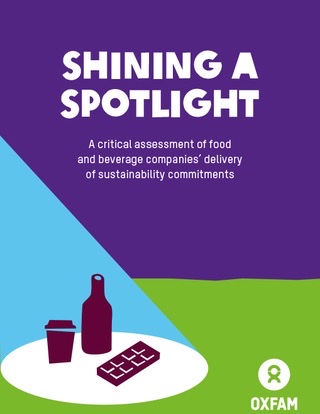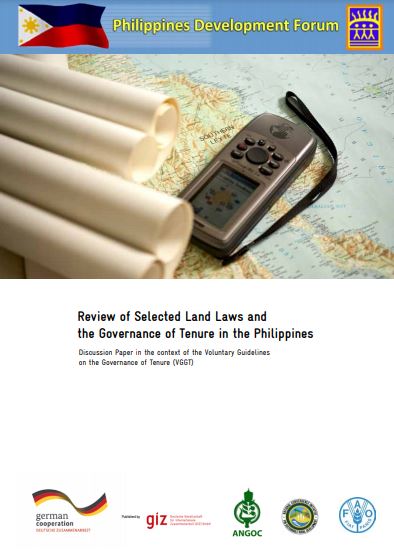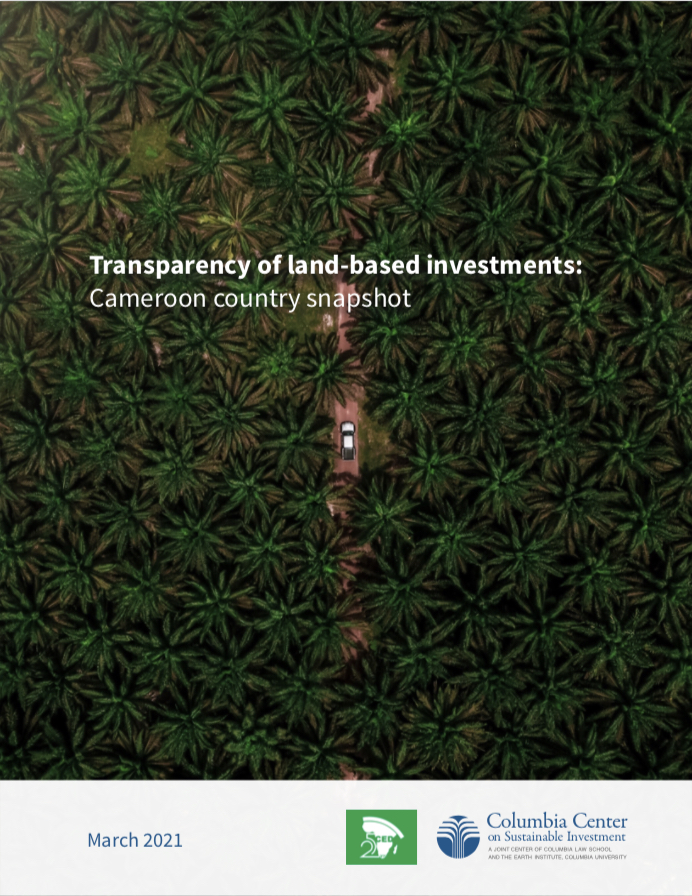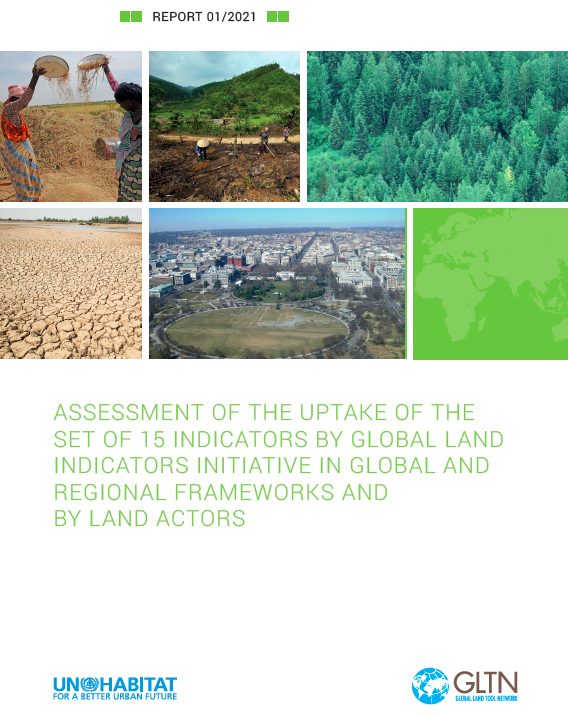Effects of land tenure systems on resource-use productivity and efficiency in Ghana’s rice industry
This study examines the effects of land tenure systems on resource-use productivity and efficiency in the Upper East region of Ghana with data drawn from the Ghana Agricultural Production Survey. A stochastic frontier model is employed to analyse resource-use productivity and efficiency of the rice farms. The study establishes that rice farms under the various land tenure systems are technically inefficient. Technical efficiency for the pooled sample was 61.80%.







